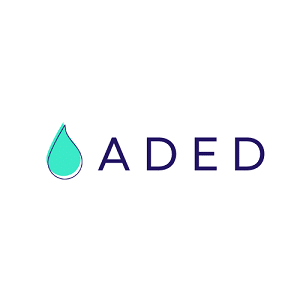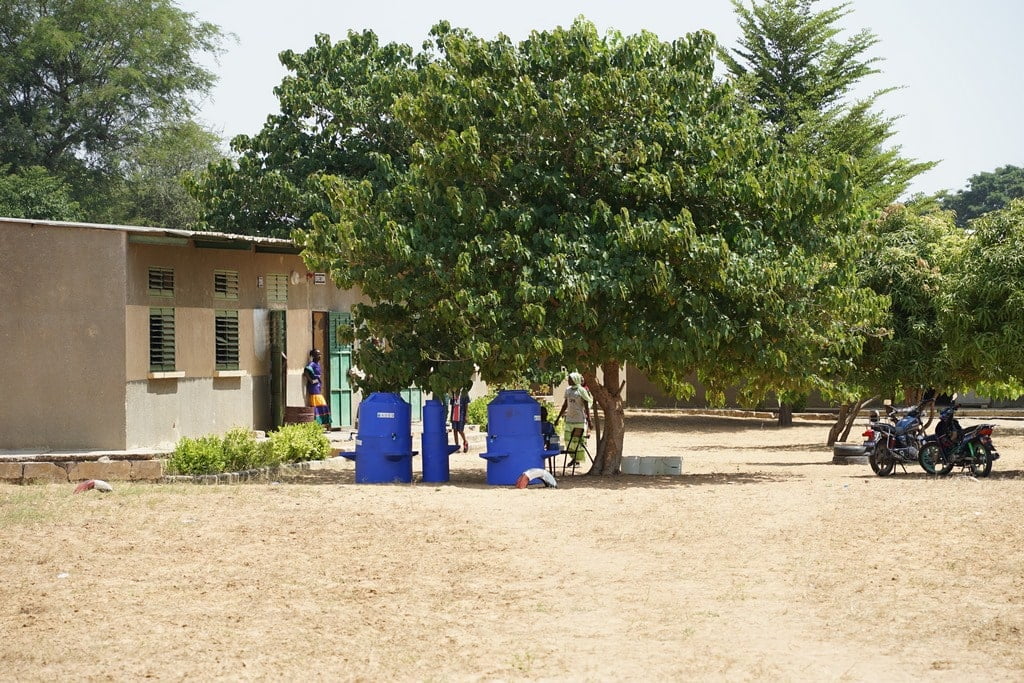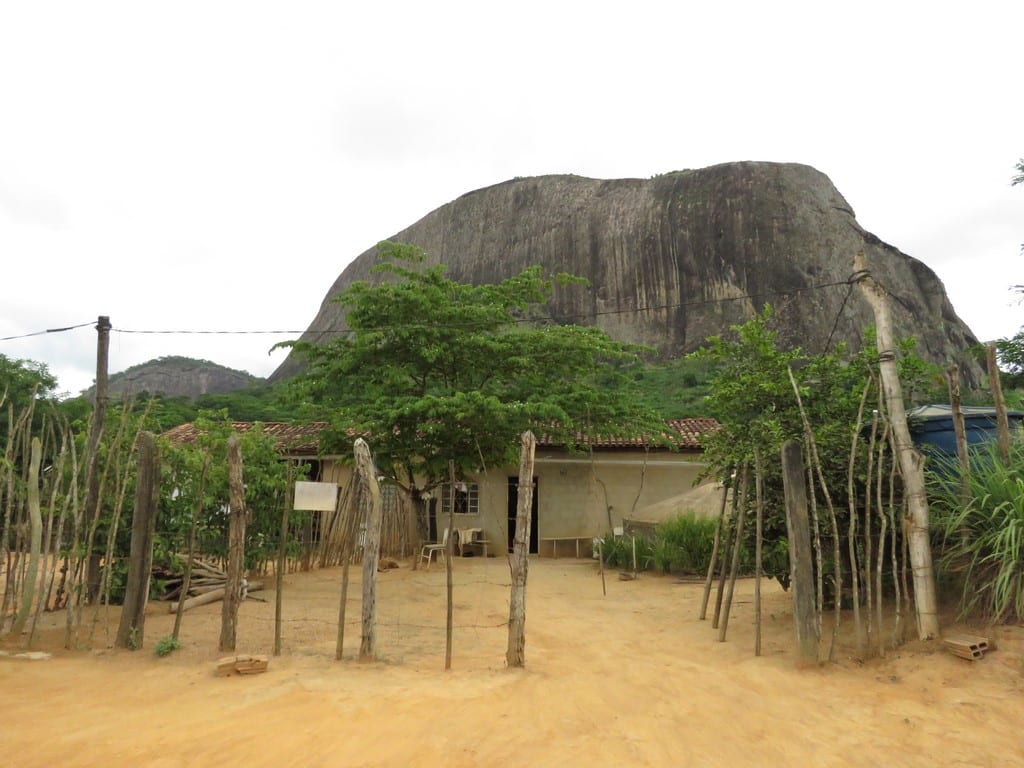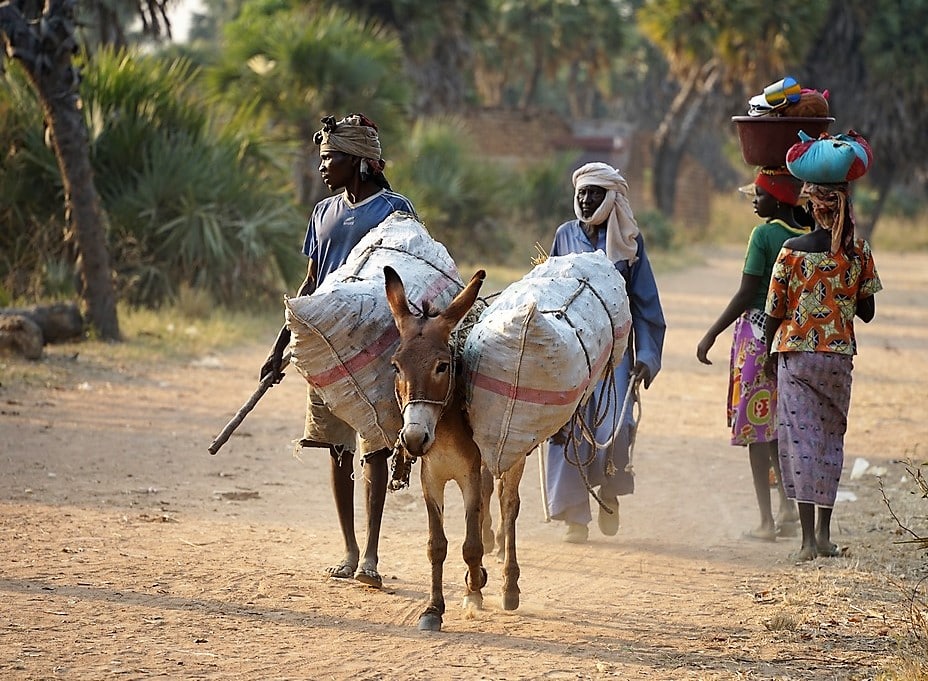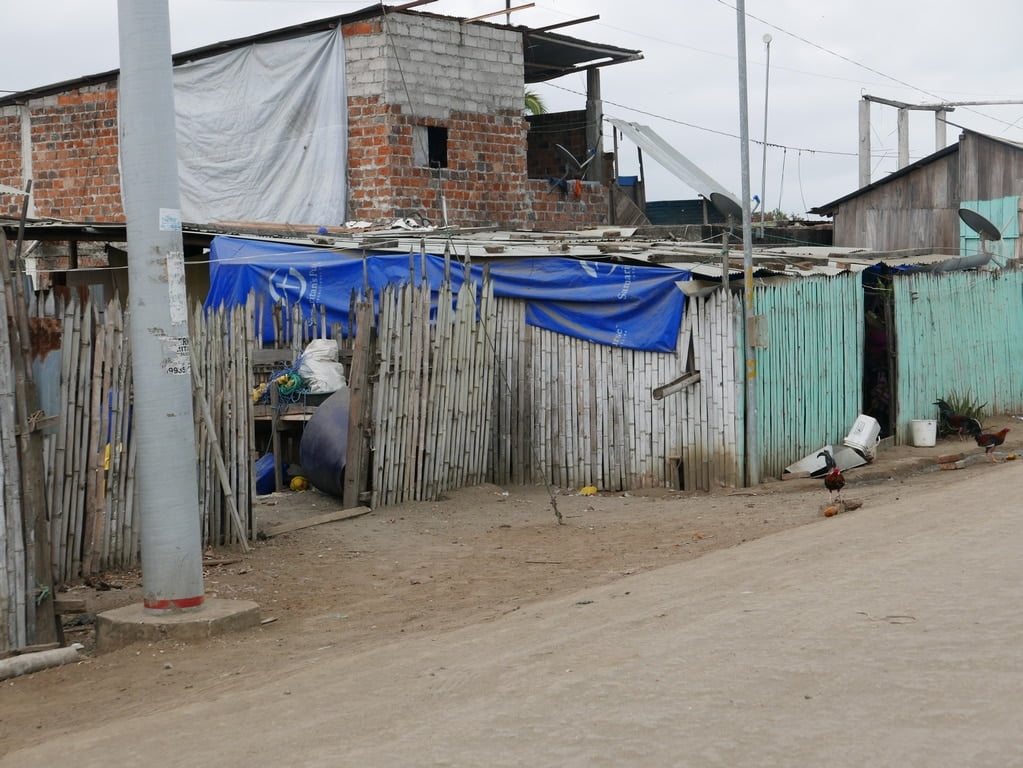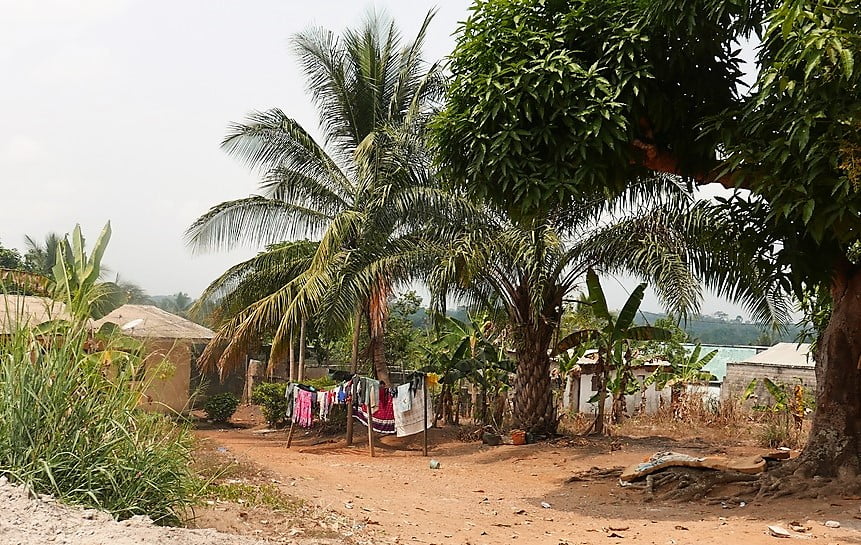
KARAKALPAKISTAN: The devastating consequences of environmental catastrophe
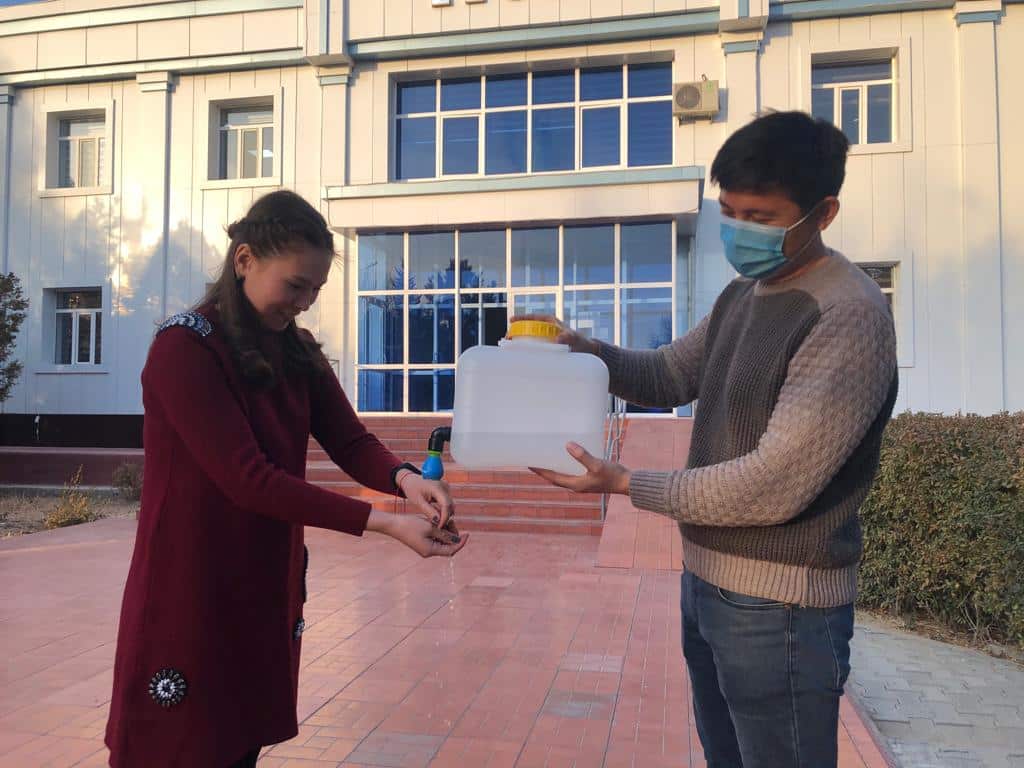
COMMUNITY
-
BUDGET
CHF 25'000.--
PLANNING & IMPLEMENTATION TIMESCALE
2020
BENEFICIAIRIES
300
COMPLETED PROJECT
Water for schools in Karakalpakistan
OUTLINE
Karakalpakistan: LATMA takes action for the Aral Sea
The origins of the disaster: the Soviet expansion of irrigated areas and its devastating consequences
Karakalpakistan, a country marked by one of the world’s greatest environmental disasters, has undergone dramatic transformations over the last 60 years. The decision by Soviet leaders to rapidly expand irrigated areas along the rivers feeding the Aral Sea triggered a catastrophe. By 2004, this sea had lost 90% of its size, exposing Central Asia to the devastating effects of climate change.
Local repercussions: extreme climate, contamination and environmental degradation
The drying up of the Aral Sea has had a considerable impact on the Karakalpakistan region. The lack of regulation of the water mass has led to climatic extremes, with high temperatures in summer and harsh winters. Strong winds carry saline particles and other chemicals over vast distances. Intensive cotton monoculture in the region has exacerbated the situation, leading to heavy contamination of groundwater from the massive use of pesticides, herbicides and fertilisers.
Read more
The devastating effects of polluted water in the Aral Sea
Faced with these environmental challenges, one of the most serious consequences for the Aral Sea region is the rapid deterioration in health conditions. The local population is suffering from various diseases and malformations, mainly attributable to the consumption of contaminated water, posing a major threat to their well-being.
A ray of hope: LATMA project to provide schools with drinking water
Against this alarming backdrop, the LATMA association has launched an ambitious project in 2019, in partnership with ADED, the International Innovation Centre for Aral Sea Basin (IICAS) and the University of Nukus. The main aim of this project is to provide drinking water to pupils in rural schools in the region. The pilot phase of this project began at the Tik-Ozek school.
Improving health and quality of life by restoring degraded ecosystems
This initiative represents a ray of hope in a region facing considerable environmental and health challenges. By guaranteeing access to safe drinking water for schoolchildren, the project aims to improve not only their health, but also their quality of life, while highlighting the crucial importance of restoring degraded ecosystems.
ACHIEVEMENTS
- ACCESS TO DRINKING WATER: The project has succeeded in providing drinking water to rural schools in the Karakalpakistan region, particularly during the pilot phase at the Tik-Ozek school, by installing a drinking water treatment system and 5 washbasins fitted with The Drop®.
- IMPROVING HEALTH: By guaranteeing a safe supply of drinking water, the project has made a significant contribution to improving the health of local residents, thereby reducing the risk of illnesses linked to drinking contaminated water.
- RAISING AWARENESS OF THE IMPORTANCE OF DRINKING WATER: The initiative has played a crucial role in raising awareness among local communities of the vital importance of drinking water, emphasising the need to restore Karakalpakstan's degraded ecosystems.
- FRUITFUL PARTNERSHIPS: The successful collaboration between LATMA, ADED, the International Innovation Centre for Aral Sea Basin (IICAS) and the University of Nukus has been key to the success of the project, enabling a holistic approach to tackling environmental and health challenges.
- INITIATING POSITIVE CHANGE: By launching this initiative, the project has initiated positive change in the region, laying the foundations for wider transformation by emphasising the importance of restoring and preserving degraded ecosystems for the long-term well-being of local communities.
